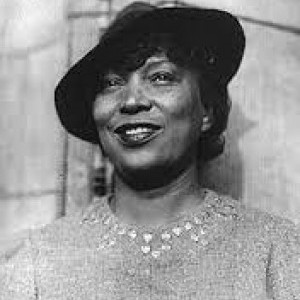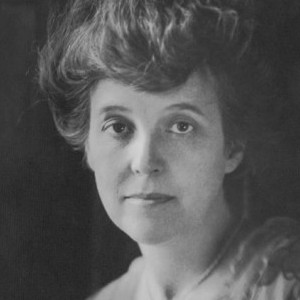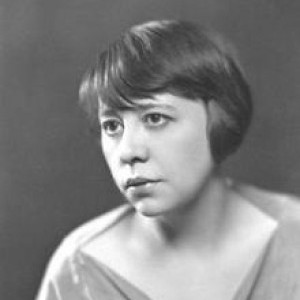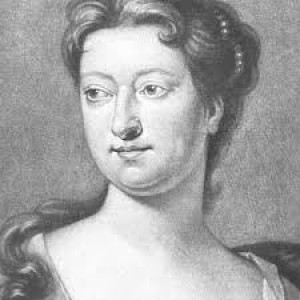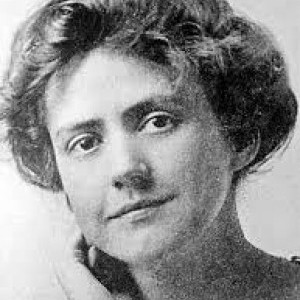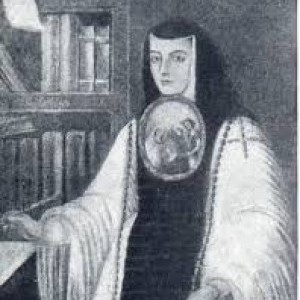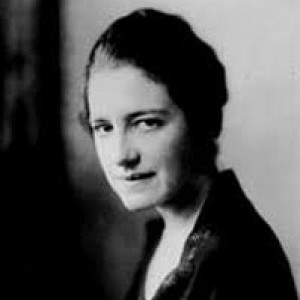Playwrights
Filters
Genre
All
Tragicomedy
Tragedy
Satire
Opera
Melodrama
Literary Adaptation
Folk Play
Fantasy
Experimental
Drama
Comedy
Backstage Comedy
Cast Size
All
Small 1-4
Medium 5-10
Large 11+
Length
All
One-Act
Full-length
Sort by
Title/Date/Playwright
Title A-Z
Title Z-A
Playwright A-Z
Playwright Z-A
Date (Newest first)
Date (Oldest first)
Browse
“A Young Woman,” Helen, is a stenographer for the George H. Jones Company. She is perpetually late, she feels stifled, she is the sole financial supporter of her nagging mother, and there is not enough space or air in her world. The gears of the in…
It is the final day of the 19th century, and the last day the Stanhope family will spend in their home. While they are packing up their belongings, a reporter arrives inquiring about the late Alison Stanhope, a renowned poet. The family finds themsel…
About the Playwright
Susan Glaspell

Susan Keating Glaspell (1876-1948) Born July 1, 1876, in Davenport, Iowa, Susan Glaspell published news articles and short stories even before entering Drake University, from which she received a degree in philosophy. Over the course of her career, she wrote more than fifty short stories, nine novels, fourteen plays, and a biography of her husband, George Cram (Jig) Cook. It is difficult to imagine the Provincetown Players (1916-1922) without Glaspell, a founding member who acted as well as w…
View Profile
Millicent Jordan has received a call that Lord and Lady Ferncliffe will be visiting from England. She decides to host a dinner party in their honor, carefully crafting a guest list of men and women whose personalities will balance each other out. Wha…
About the Playwright
Edna Ferber
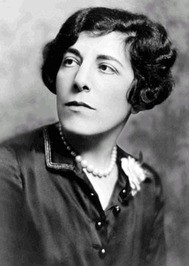
Perhaps less well-known today than in her own time, Edna Ferber was a prolific writer. Her works include twelve novels and eight plays, a selection of novellas and short stories, and two autobiographies. Today, however, her works are largely remembered for their film or stage adaptations. Ferber was born in 1885 in Kalamazoo, Michigan to Jewish parents who operated a general store. As business faltered, they moved among Chicago, Iowa, and Wisconsin. In her travels, she experienced extremes in h…
View Profile
Charlotte Lovell battles her cousin Delia for the affection of her illegitimate child, whom she reluctantly gave to Delia to raise. In the end, will the child see Charlotte, her biological mother, as nothing more than “an old maid”?
About the Playwright
Zoe Akins
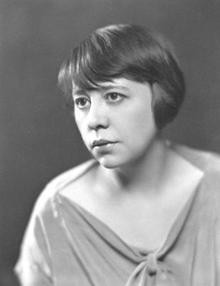
Zoe Akins (1886-1958) was a playwright, poet, critic and novelist. Born in the small town of Humansville, Missouri, she was encouraged to write by her father. Drawn to the theatre, she also briefly tried an acting career—but after a season of walk-ons, she decided to focus on writing. Her first play to be produced in New York was the verse drama The Magical City (1915), performed by the Washington Square Players. In 1919, Akins made her Broadway debut with Papa: An Amorality in Three Acts, whic…
View Profile
Karen Wright and Martha Dobie run a boarding school for girls in which they have invested time and money, aided to a degree by Martha’s meddling aunt, Lily Mortar. A mischievous girl named Mary Tilford spreads a rumor that the headmistresses are havi…
About the Playwright
Lillian Hellman
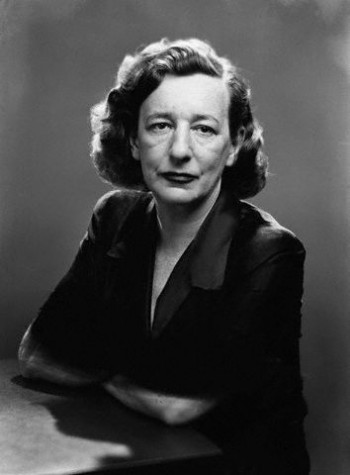
Lillian Hellman (1905-1984) ranks among the most famous and controversial of American playwrights. She never shied away from provocative, social justice-based themes. Her first play, The Children’s Hour (1934), about two owners of a girls’ school accused of having a lesbian affair, was considered so shocking that some members of the Pulitzer Prize committee refused to see it, costing it a nomination. Toys in the Attic (1960) featured two eccentric Southern sisters whose potential was never value…
View Profile
The fabulous diva Lily Darnley is on her way back to Broadway with a fabulous new play, Empty Hands—and she has plenty of suggestions how to make it more fabulous, even if they make everybody else miserable. Meanwhile, an ambitious young ingénue, Ker…
About the Playwright
Maurine Dallas Watkins
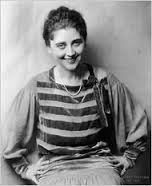
Maurine Dallas Watkins (1896-1969) is little remembered today, despite being the author of Chicago (1926) the smash Broadway comedy about two “merry murderesses” with showbiz aspirations that would, fifty decades after its premiere, inspire the smash Broadway musical of the same name. The play was based on Watkins’s observations as journalist covering the Windy City’s sensational Jazz Age murder trials. Watkins’ career encompassed more than Chicago—she earned a playwriting degree from Yale Scho…
View Profile
Mary Haines lives happily with her husband, Stephen, until the malicious gossiping of her “friends” reveals that he has been unfaithful.
In a culture in which obedience and acceptance are admired and expected from women, Mary does not know how to a…
About the Playwright
Clare Boothe
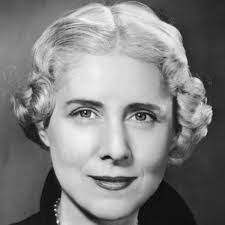
Ann Clare Boothe was born on March 10, 1903 in New York City to a former dancer and a violinist. Years later--following in her parents’ artistic footsteps--she would become a world renowned playwright and author as well as a famed journalist, politician, diplomat, and women’s rights activist, one of the most iconic women and figures of the 20th century. As a child, she attended numerous schools and then briefly a theatre school for children. She married millionaire George Tuttle Brokaw in 192…
View Profile
Set in Alabama in 1900, the play tells the saga of the Hubbard family, who have lied, cheated, beaten, and killed their way to the top for generations. With the rise of industrialization, they want to keep that way—they’ve drawn up plans for a new co…
About the Playwright
Lillian Hellman

Lillian Hellman (1905-1984) ranks among the most famous and controversial of American playwrights. She never shied away from provocative, social justice-based themes. Her first play, The Children’s Hour (1934), about two owners of a girls’ school accused of having a lesbian affair, was considered so shocking that some members of the Pulitzer Prize committee refused to see it, costing it a nomination. Toys in the Attic (1960) featured two eccentric Southern sisters whose potential was never value…
View Profile



